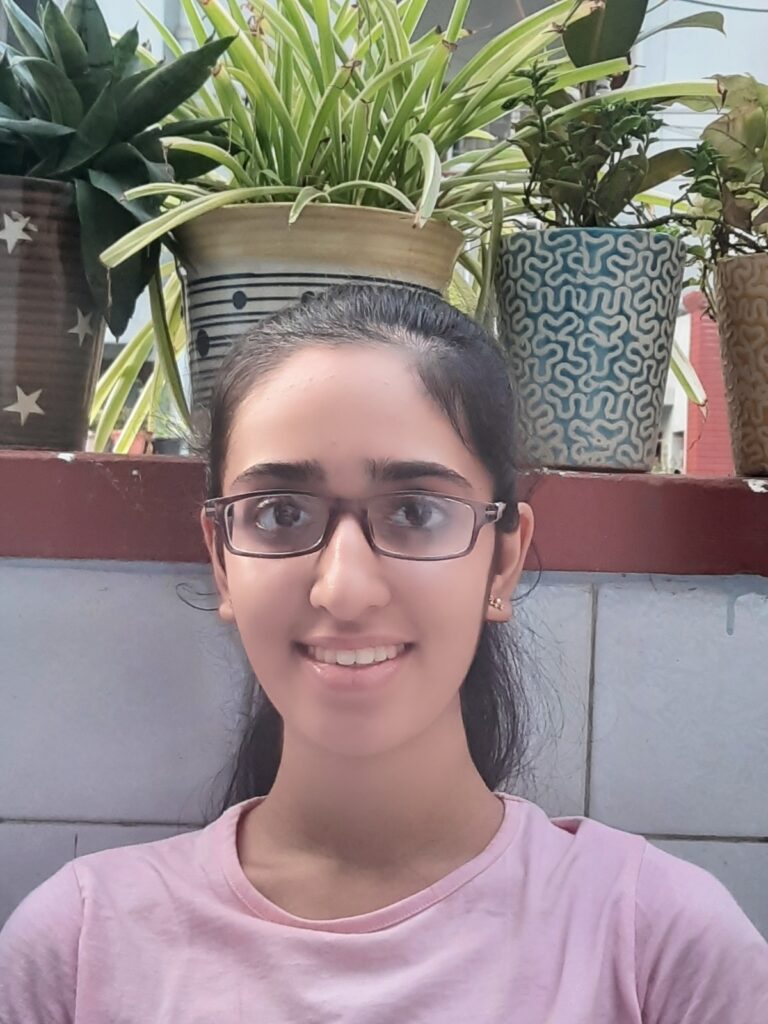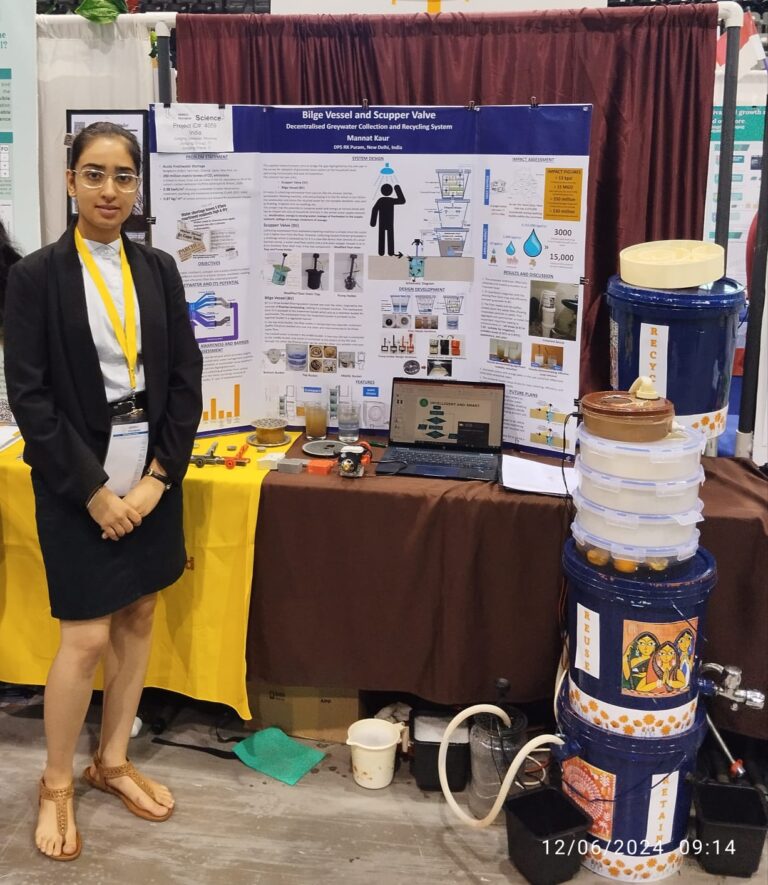heading

I am a 16 year devout girl from India and a budding researcher who wishes there were 48 hours in a day! I am a dedicated individual eagerly spending every minute exploring new avenues. This attitude has propelled me to excel in pursuits including research, innovation, academics, skating. As a STEM enthusiast passionate about Computer Science, ML and emerging technologies, I aspire to apply concepts hedged within science, technology to create solutions that contribute to mitigating climate change. I believe in the saying, We cannot direct the wind, but we can adjust the sails and this motivates to be a better version of myself and create impact.
Tell us what the water concern in your country is!India faces multifaceted water concerns, including scarcity, droughts, groundwater depletion, and contamination. Cities like Bengaluru, Mumbai, and Chennai, along with rural areas like Rajasthan and Salai village in Tamil Nadu, experience chronic water shortages, leading to social unrest. Lack of circular economy practices exacerbate the crisis.
This is what I think is one of the solutions for a sustainable future:A sustainable future can be achieved by establishing a circular economy and decentralizing the wastewater recycling and treatment process. By treating and reusing wastewater at its source, we can address many global issues related to water shortages and conserve resources, reduce the environmental impact, and lower the associated carbon emissions.

Bilge Vessel and Scupper Valve: Decentralised Greywater Collection and Recycling System
Bilge Vessel + Scupper Valve is a decentralized greywater collection, recycling system that bridges the gap between theoretical research and practical application. This system reduces the water demand, essential for sustainable development, by collecting, treating, and reusing greywater generated in a household at the source without requiring any modifications in the current home plumbing system. With this product-driven intervention, a family can save 5,000-6,000 litres of potable water/month and can reduce 50% of their water demand. This decentralised approach reduces carbon emissions by 80-85% compared to the centralised STP setups. It therefore addresses two challenges: water scarcity and operational carbon emissions linked to freshwater supply, treatment and conveyance of treated water, contributing to embodied carbon savings in plumbing infrastructure, STP…
